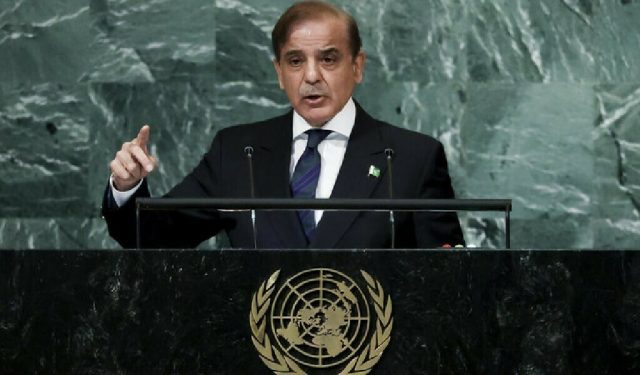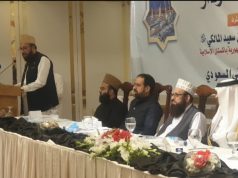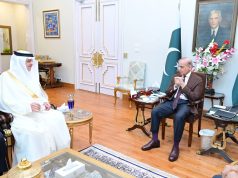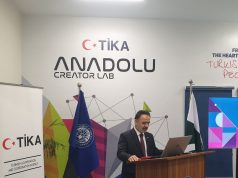ISLAMABAD, Tuesday, April 29, 2025 (WNP): Prime Minister Shehbaz Sharif on Tuesday held a telephone conversation with United Nations Secretary-General António Guterres, urging the world body to play an active role in de-escalating regional tensions following India’s unfounded allegations against Pakistan over the recent Pahalgam incident.
The prime minister categorically rejected what he called “baseless accusations” linking Pakistan to the attack in Indian-administered Kashmir. He reiterated Islamabad’s call for a “transparent and impartial investigation” into the incident, emphasizing that such attempts to malign Pakistan are a cover for India’s campaign to delegitimize the Kashmiri freedom struggle.
“Pakistan condemns terrorism in all its forms and manifestations,” said the premier, adding that the country has made tremendous sacrifices in the global fight against terror.
Expressing grave concern over what he termed India’s “weaponization of terrorism rhetoric,” the prime minister pointed to New Delhi’s documented state-sponsored oppression in Indian Illegally Occupied Jammu and Kashmir (IIOJK). He also raised alarm over India’s alleged efforts to manipulate the Indus Waters Treaty, saying that water is the “lifeline for 240 million Pakistanis,” and any attempt to divert it would be considered an act of aggression.
Reaffirming Pakistan’s commitment to regional peace, the prime minister warned that any Indian misadventure would be met with a firm response. He urged the UN Secretary-General to counsel India toward restraint, reiterating that the unresolved Jammu and Kashmir dispute remains the root cause of instability in South Asia.
The UN chief appreciated Pakistan’s efforts to maintain peace and acknowledged the potential consequences of escalation in the region.
Meanwhile, Deputy Prime Minister and Foreign Minister Ishaq Dar echoed similar concerns in the Senate, warning that Pakistan would not initiate hostilities but would “respond forcefully” to any Indian aggression.
In his address, Dar highlighted Pakistan’s proactive diplomatic outreach, sharing that he had engaged with counterparts from Saudi Arabia, the UAE, Qatar, China, the UK, Türkiye, Azerbaijan, Kuwait, Bahrain, and Hungary. He said that China and Türkiye had expressed full support for Pakistan’s position.
Dar accused India of staging incidents like Pahalgam as pretexts for strategic actions, referencing the 2019 Pulwama attack which preceded New Delhi’s revocation of Article 370. He also warned of India’s attempts to unilaterally alter the 1960 Indus Waters Treaty, calling any such move “unprecedented” and “an act of war.”
“Tampering with water rights is a red line for Pakistan,” Dar asserted, adding that the National Security Committee had already convened to address the issue and that international dossiers were being prepared for briefing global partners within 48 hours.
Separately, Federal Information Minister Attaullah Tarar issued a stark warning based on “credible intelligence,” stating that India may launch a military strike against Pakistan within the next 24 to 36 hours under the guise of false flag operations.
“Pakistan firmly rejects India’s self-appointed role of judge, jury, and executioner in the region,” said Tarar, describing New Delhi’s approach as “reckless and provocative.” He reiterated Pakistan’s readiness for a credible, impartial investigation and blamed India’s refusal for escalation.
He warned that any military adventurism would be met with “assured and decisive” retaliation. “The international community must realize that the burden of escalation—and its consequences—will rest squarely on India’s shoulders,” Tarar concluded.
The Pakistani leadership remains unified in its resolve to defend the country’s sovereignty and territorial integrity, calling on the world to prevent further deterioration in regional peace and stability.




